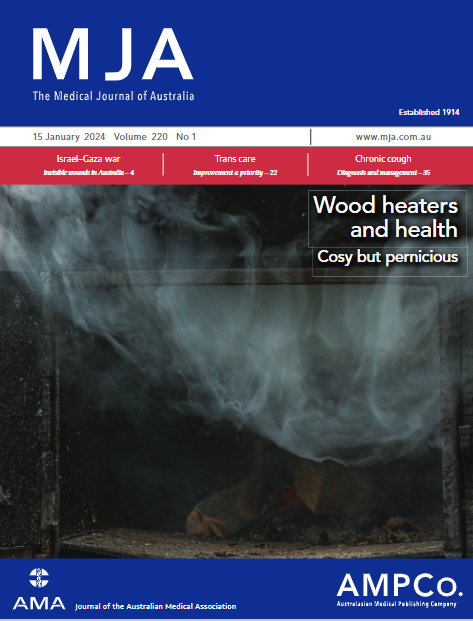Describe perceptions of how well researchers conducting Aboriginal and Torres Strait Islander health and medical research apply ethical research practices.
Cross-sectional online survey.
Researchers who included Aboriginal and Torres Strait Islander people or their data in their projects, and current or past members (previous 5 years) of a human research ethics committee that assessed Aboriginal and Torres Strait Islander research.
Researchers’ engagement with 15 ethical research practices (on a 5-point Likert scale, poor to excellent).
561 participants (382 researchers [68.1%] and 179 human research ethics committee members [31.9%]) completed the survey. Across all research practices, a rating of excellent was least frequently endorsed, with the highest frequency being for employing Aboriginal and Torres Strait Islander team members (38 participants [6.8%]). A rating of poor was most common for enacting Indigenous data sovereignty and governance principles (156 participants [27.8%]). Aboriginal and Torres Strait Islander respondents had significantly lower odds of perceiving high levels of adherence to ethical principles than non-Aboriginal and Torres Strait Islander respondents for all ethical principles, except employing Aboriginal and Torres Strait Islander team members. In particular, Aboriginal and Torres Strait Islander participants had 65% lower odds of perceiving that researchers have high rates of adhering to disseminating results back to the community (odds ratio [OR], 0.35; 95% CI, 0.22–0.57), 56% lower odds of perceiving that researchers have high rates of adhering to engaging Aboriginal community in research implementation (OR, 0.44; 95% CI, 0.27–0.73), and 54% lower odds of perceiving that researchers have high rates of adhering to engaging Aboriginal community in developing research questions (OR, 0.46; 95% CI, 0.28–0.75).
Researchers are not consistently implementing all ethical practices outlined in guidelines for research involving Aboriginal and Torres Strait Islander people. We call for commitment from researchers, institutions and funding bodies to address shortfalls, embed processes, and hold researchers accountable to Aboriginal and Torres Strait Islander people, communities and the principles and guidelines they have established.


